Hats off to the judiciary for its death sentence to Musharraf. The Army must learn how to behave, instead of regarding itself above the law
Pakistan Army officers and Pakistani Ministers seem enraged and are shouting themselves hoarse against the recent verdict of a three-member Special Court in Pakistan sentencing former Army chief General Pervez Musharraf to death for high treason. To my mind, there can be no manner of doubt that the verdict is correct.
Article 6 of the Pakistani Constitution states, “Any person who abrogates or subverts or suspends or holds in abeyance the Constitution, or attempts to do so, by use of force or show of force or any other unconstitutional means, shall be guilty of high treason.”
The former President was clearly guilty of high treason, as in 1999 he suspended the Pakistani Constitution after staging a blatantly unconstitutional army coup. He was guilty of high treason in 2007 when he again suspended the Constitution, declared martial law, illegally suspended the Chief Justice of Pakistan and dismissed judges of the Supreme Court and High Court who did not take oath of allegiance to the Army.
The Pakistan Army spokesman, Major-General Asif Ghafoor, has said that the verdict “has been received with a lot of pain and anguish by the rank and file of the Pakistan armed forces. Someone who served for 40 years and fought wars in the defence of the country can never be a traitor.”
But this statement overlooks Article 6 of the Pakistan Constitution. Should a judgment not be given just because it causes pain and anguish to someone?
Prime Minister Imran Khan had once been a strong critic of Musharraf and had demanded that he be tried for treason. However, now, due to his lust for power, he has changed his tune, cozied up to the military and is widely perceived as its puppet.
His Ministers are falling head over heels in condemning the verdict. His Sancho Panza, Science and Technology Minister Fawad Chaudhry, has said that the judiciary has “pushed the Army against a wall. It is an honour-based institution. If you keep doing so, won’t they react?”
The response to this is that the judiciary has not pushed anyone against a wall. It has only gone by what is clearly stated in the Constitution. Plus, the Pakistan Army can hardly be called “an honour-based institution.” In my article, The Truth about the Pakistan military and in Ayesha Siddiqa’s book Military Inc details have been given of how the Pakistan military has looted the country, having penetrated into almost every sector of the economy through the Fauji Foundation, Army Welfare Trust, Shaheen Foundation and so on. How can it be called “an honour-based institution”?
Ever since General Ayub Khan staged a military coup in 1958, the Pakistan Army has behaved like a tiger which has tasted human blood. Following the dictum “power grows out of the barrel of a gun” it has terrorised all sections of Pakistan society who dare not question its misdeeds, fearing terrible consequences.
It has ruled directly over Pakistan for 33 years and indirectly for much of the rest. Its senior officers are staunch supporters of the retired Generals, and oppose any action against their misdeeds, first because the latter were their superiors to whom they still have a sense of loyalty and second because they themselves will one day retire and may face similar action unless a precedent is established that Generals are immune.
So suddenly, the military, which has called the shots till now, finds itself in a position where it is being made to pay for its past crimes. And the judiciary, which has a long history of genuflecting before the Army and dismissing all challenges to martial law imposed by military dictators before Musharraf, namely Ayub Khan, Yahya Khan, Zia-ul-Haq, is now flexing its muscles.
But are Generals above the law ? In the Nuremberg Trials, Field Marshal Keitel and Gen Jodl, and in the Tokyo Trials, Generals Tojo and Yamashita, were sentenced to be hanged. The law is above everybody, howsoever high.
It is the first time in Pakistan’s history that a military leader has faced any kind of accountability for his misdeeds from a civilian authority, in this case the judiciary. The Pakistan apex court should be praised for showing the guts in checking General Bajwa’s extension.
Three cheers to the Pakistan judiciary for its death sentence to General Musharraf. The Pakistan Army must now learn how to behave, instead of regarding itself above the law. The Generals should know that for acting unconstitutionally the gallows await them just as they do any common man who flouts the law of the land.
(Writer: Markandey Katju; Courtesy: The Pioneer)







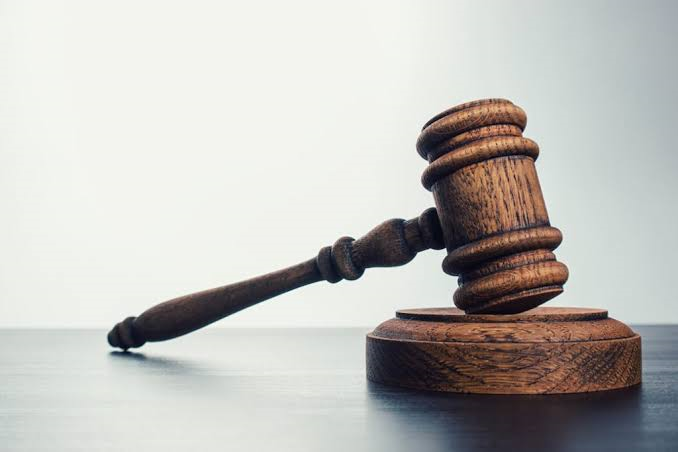
 OpinionExpress.In
OpinionExpress.In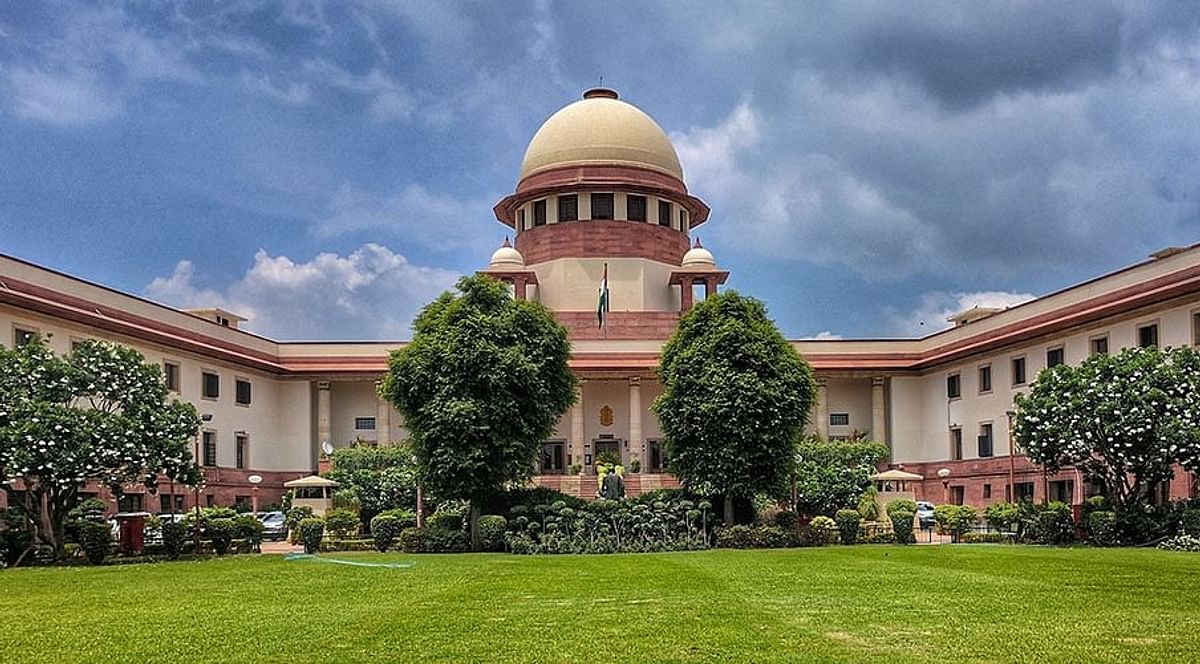
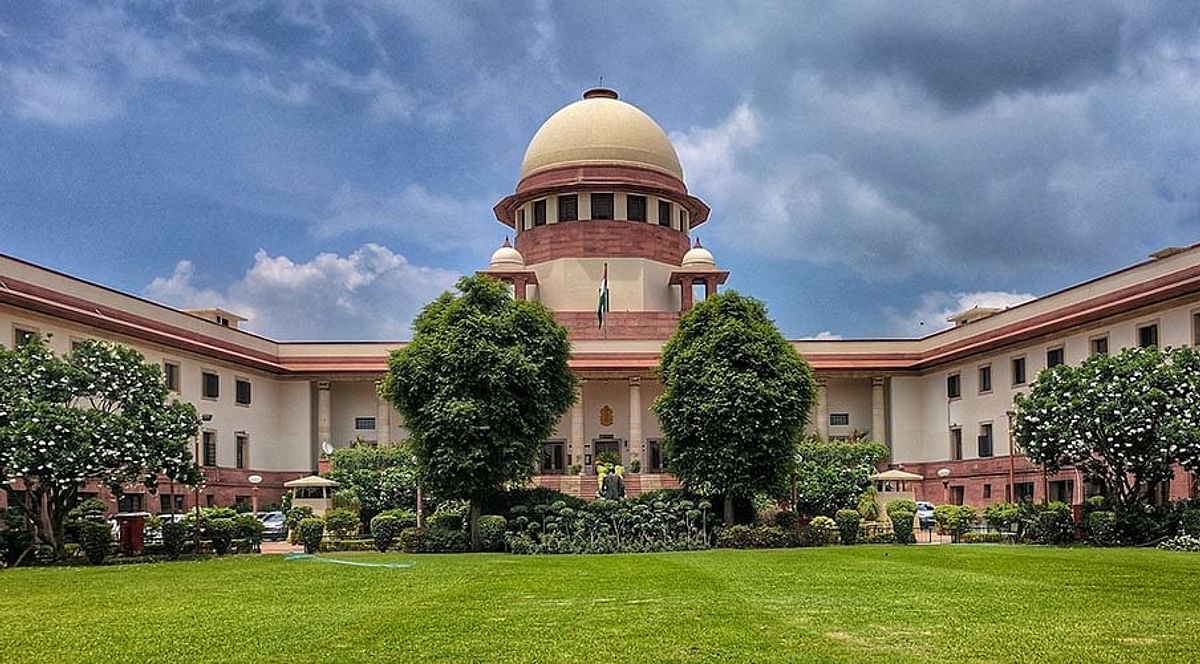
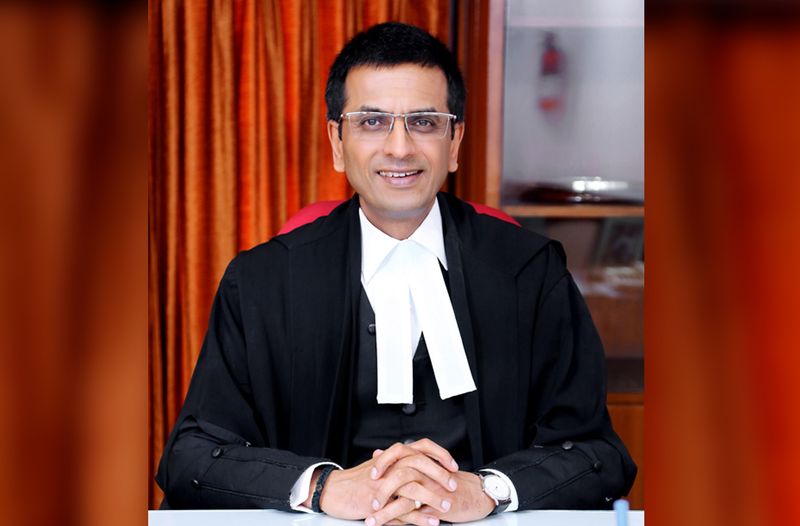
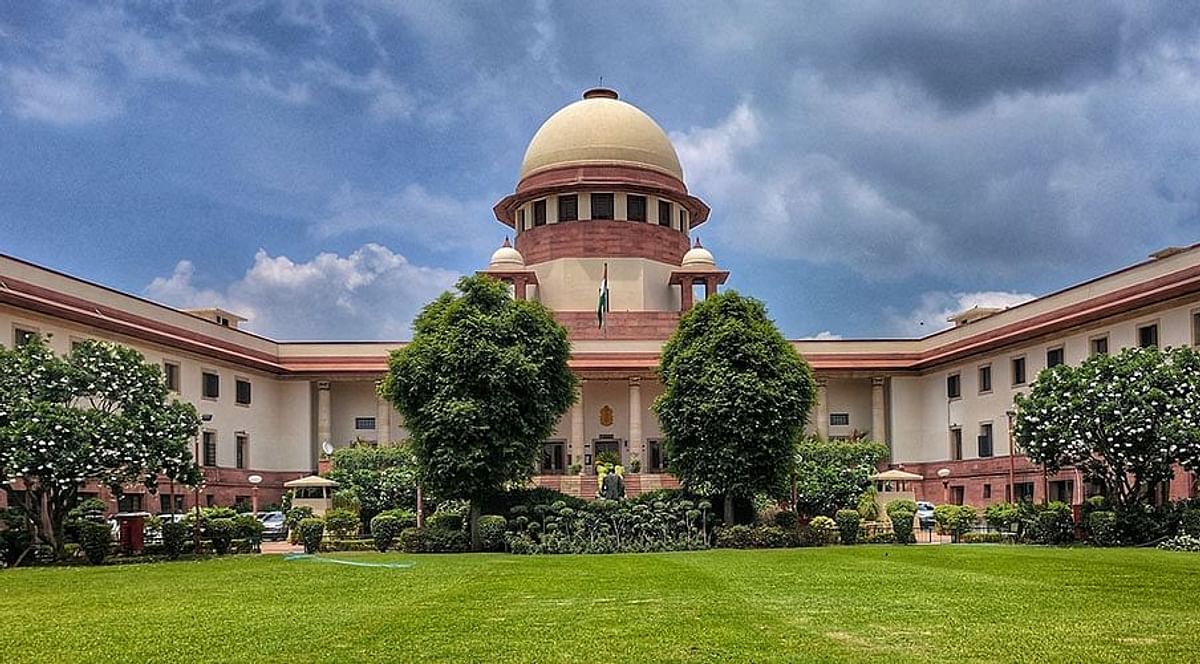
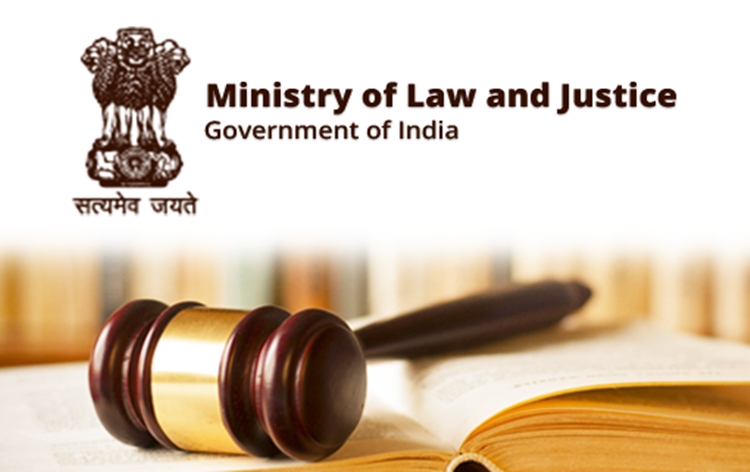
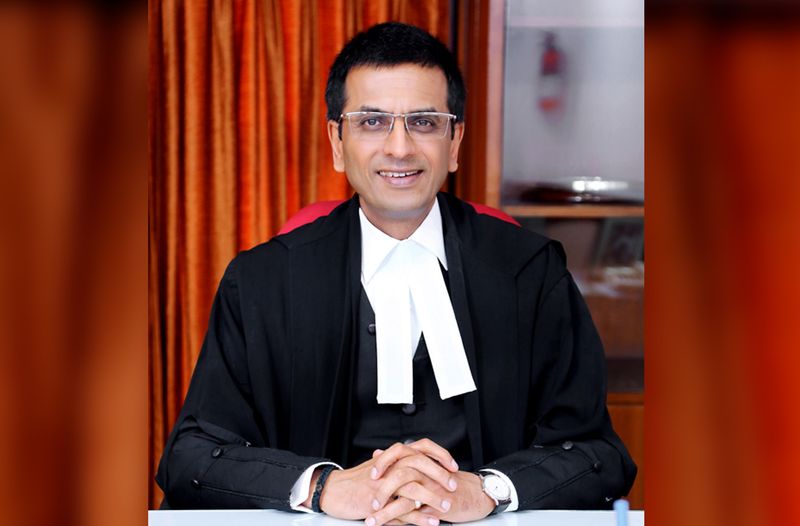
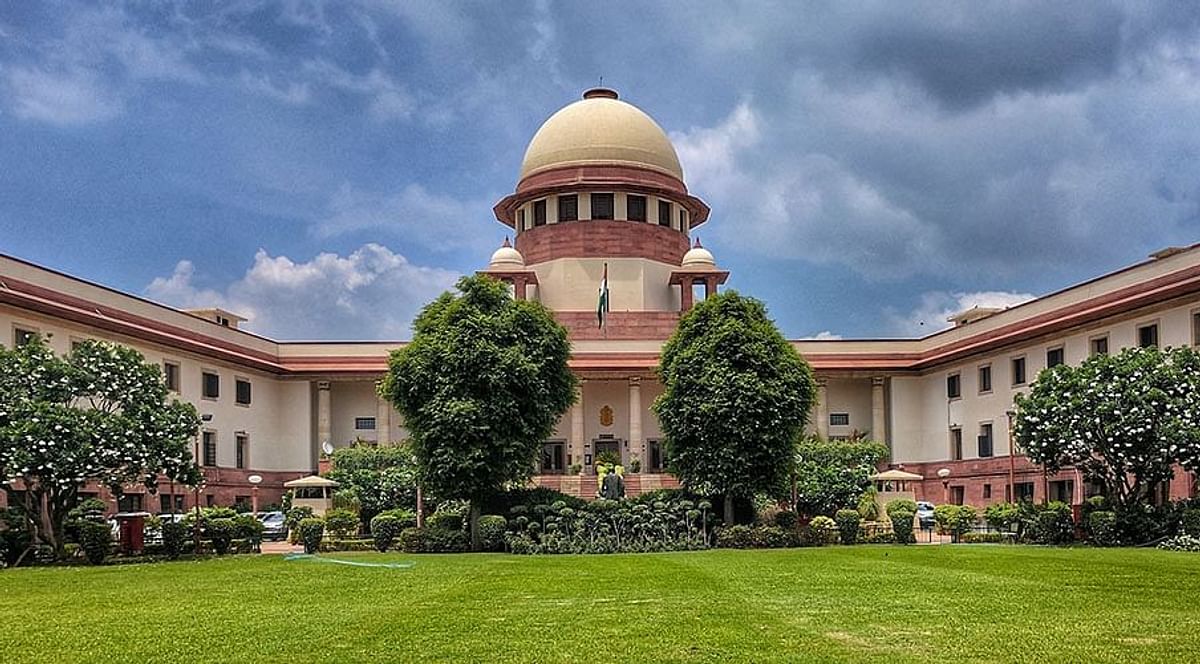
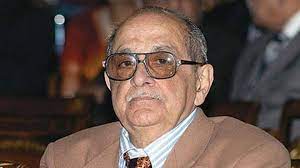
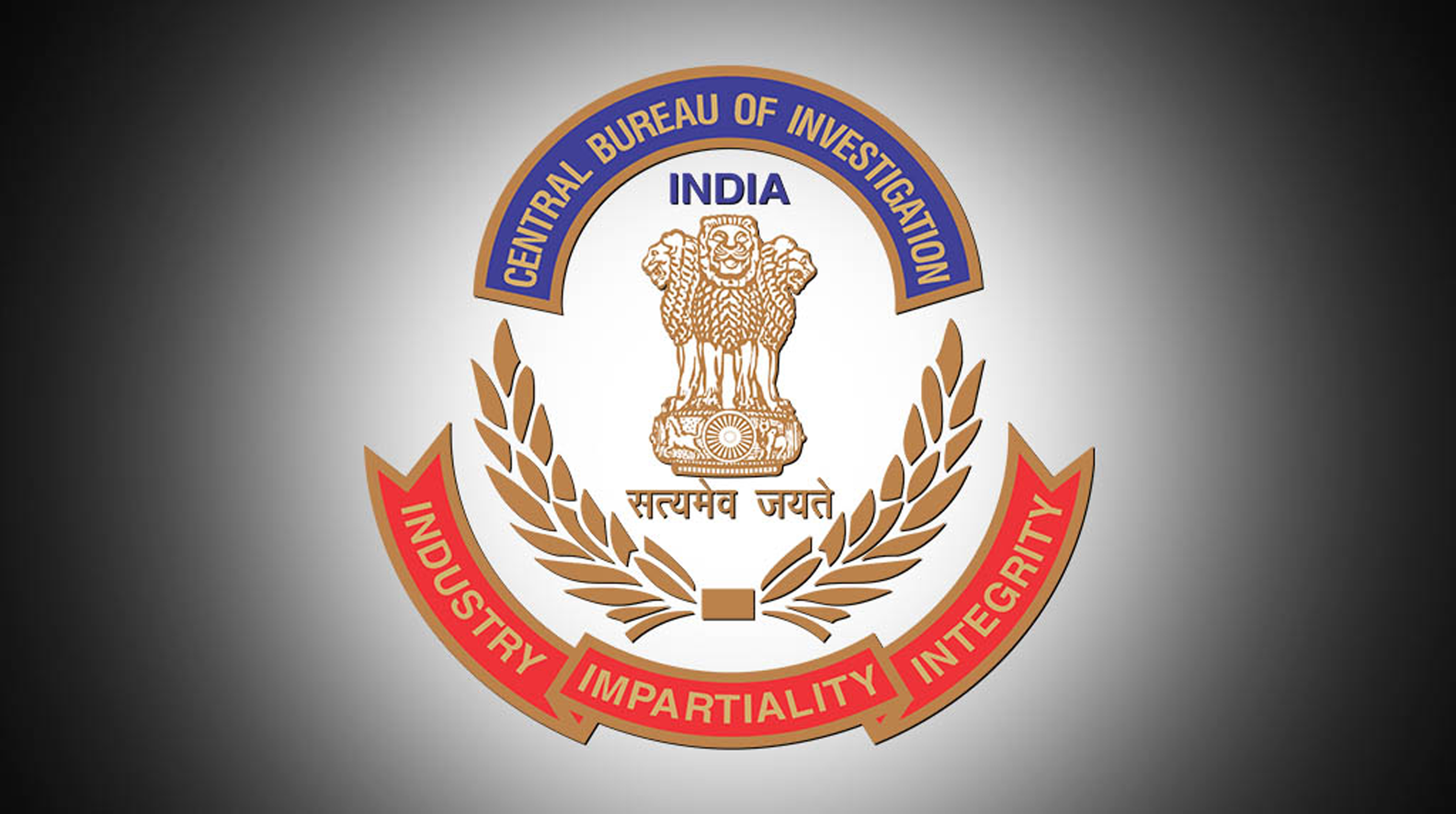
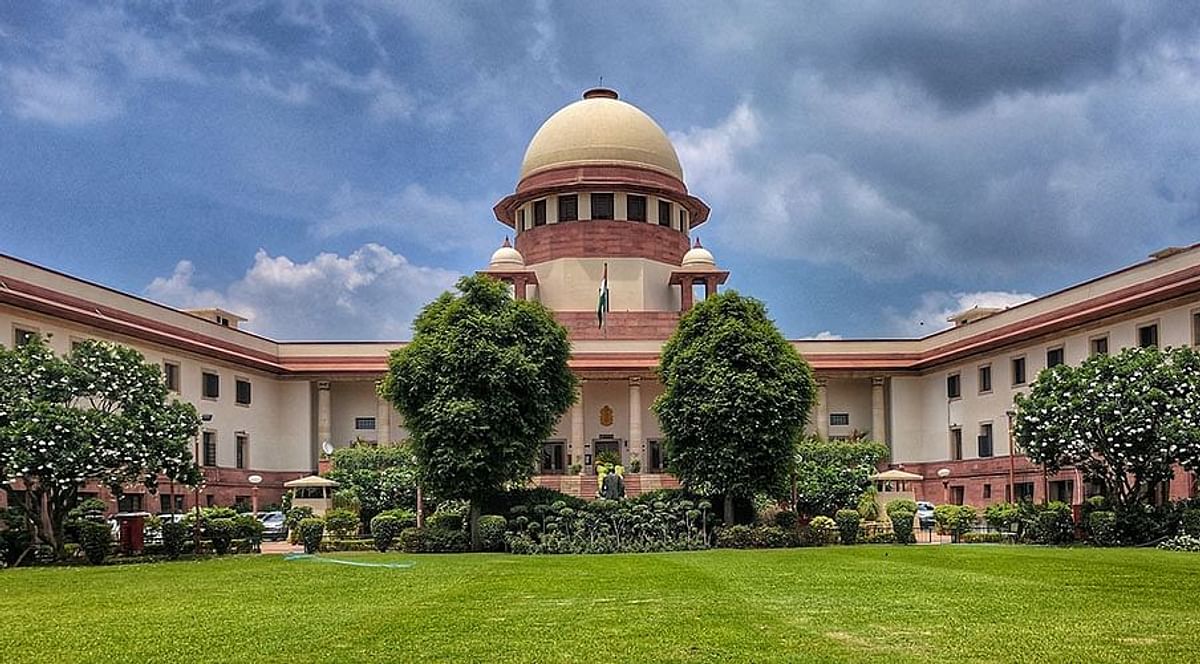






Comments (0)